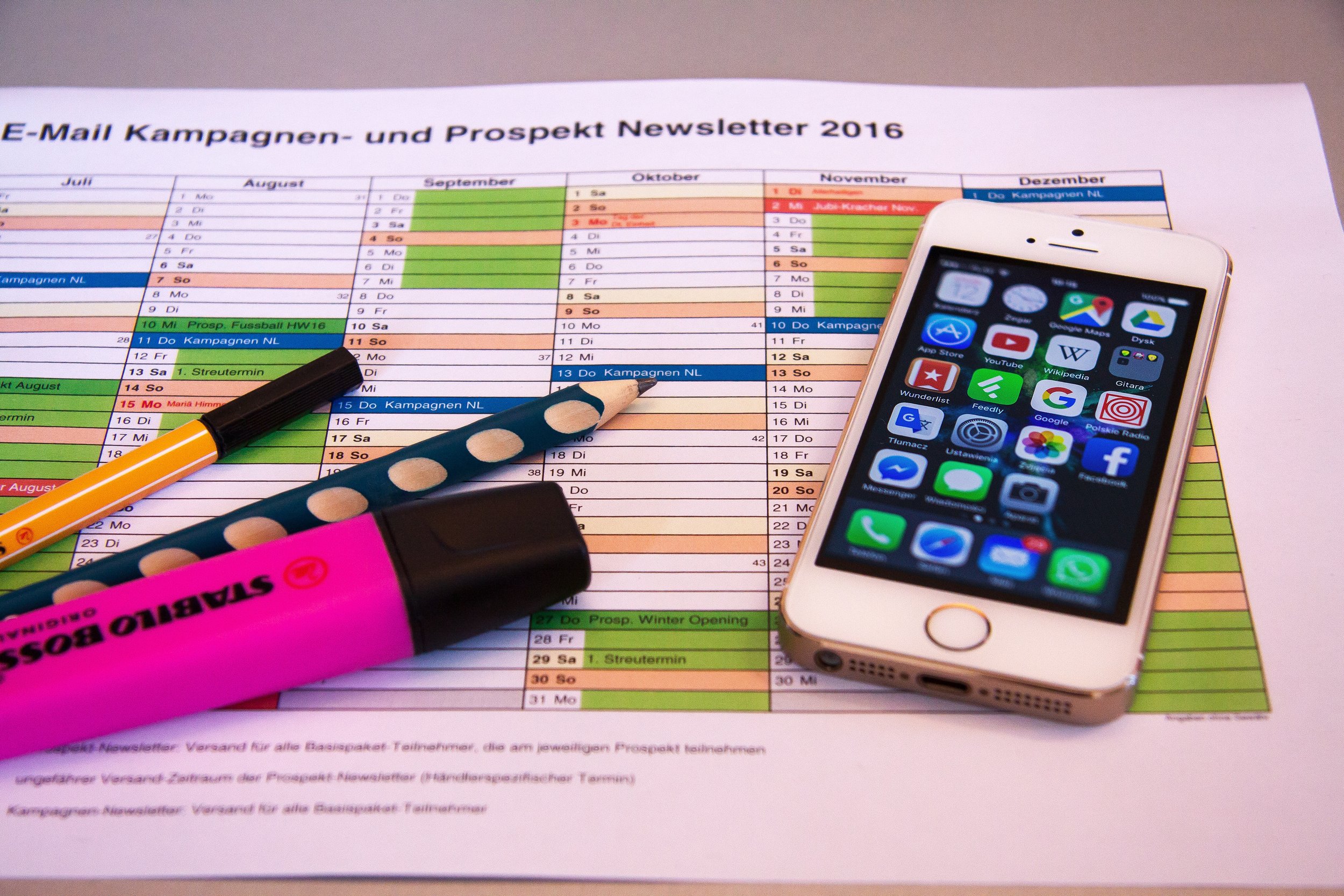-
The Dangers of Fluency

Fluency is a useful cognitive tool that we use when choosing study strategies, buying products, and assessing information accuracy. Yet, there are times when fluency can mislead us and result in meaningful consequences.
-
ASMR: Explaining an Experience

This article is authored by Sydney Simon and Lucy Cui and is a part of the 2018 pre-graduate spotlight week. Fingernails tapping on plastic, the sharp snips of metal scissors cutting hair, droplets of water plopping into a puddle; many consider these sounds satisfying or relaxing. In fact, some individuals experience a physical sensation…
-
A look behind a changing mind
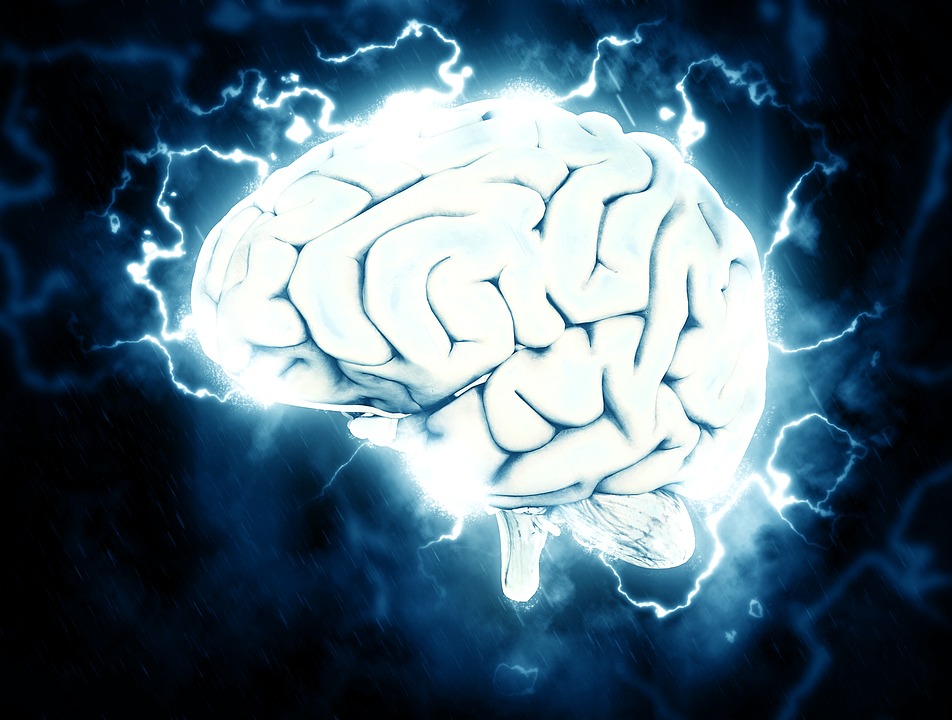
What’s going on in the brain when someone does change their mind? Understanding neural systems underlying belief maintenance can bring scientists closer to communicating new research in a way that makes people more amenable to updating their beliefs.
-
The Overview Effect

“It’s hard to explain how amazing and magical this experience is. First of all, there’s the astounding beauty and diversity of the planet itself, scrolling across your view at what appears to be a smooth, stately pace… I’m happy to report that no amount of prior study or training can fully prepare anybody for the…
-
Biological and Environmental Impacts on Emotion Regulation

A fundamental aspect of the human experience is undeniably emotion. Love, anger, happiness, fear: these are concepts that we are all intimately familiar with, but their subjective experience can vary widely person to person.
-
Adele and the Margaret Thatcher Effect
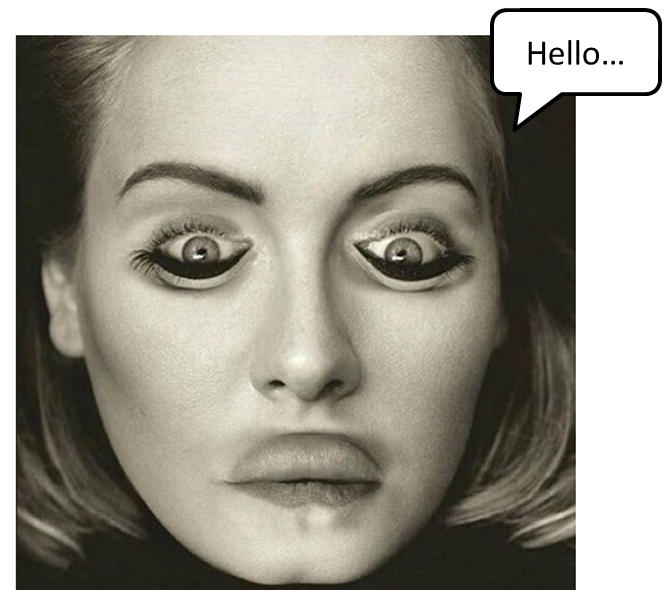
Adele’s face is the latest victim of a viral illustration of perceptual illusions. During the past week, an image of Adele’s upside down-face has gone viral on the internet, with instructions that read “turn your phone upside down” or “look at the image upside down.” If you haven’t done the experiment yourself, it looks something…
-
Can I become more inspired?

“Do one thing every day that scares you.” —Eleanor Roosevelt Happy new year! (It still counts as the new year, right?) How are you doing on your New Year’s resolutions? If you’re like a lot of people, you might be beginning to lose sight of them. Research has found that a little over a third…
-
Highlights of “Building Minds”
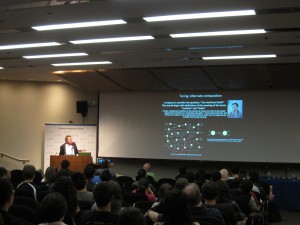
For those who missed “Building Minds: Microchips & Molecules”, here is a taste of the action. For all who packed the CNSI auditorium in May for our annual interdisciplinary symposium, here is a quick trip down memory lane. Enjoy! Gimzewski (’15 symposium) UCLA’s James Gimzewski cited Alan Turing in his talk describing his research on…
-
“Building Minds: Microchips & Molecules” Symposium – May 18, 2015
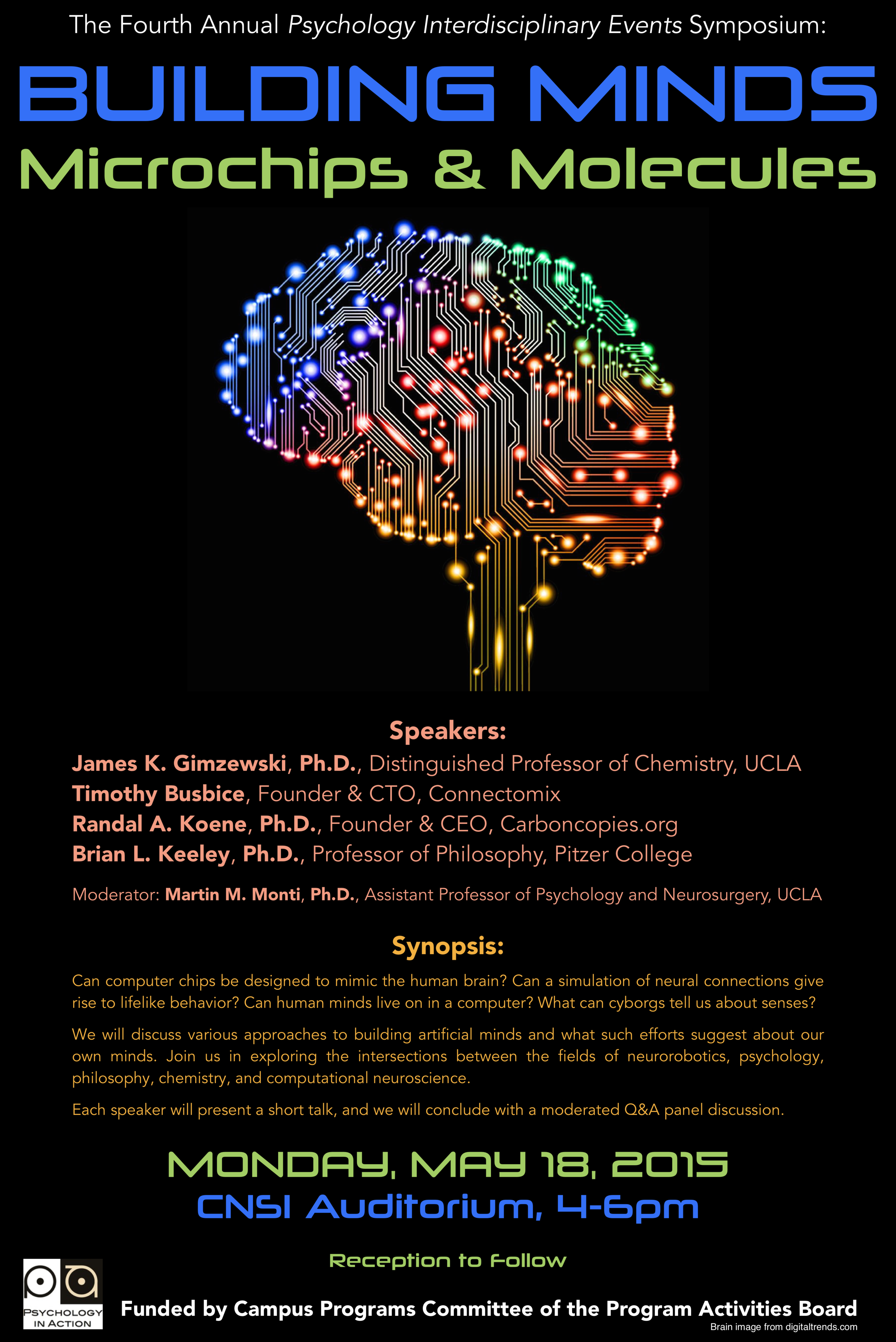
Psychology in Action is proud to announce the fourth annual Psychology Interdisciplinary Events symposium, Monday, May 18th, 2015, from 4 to 6pm in UCLA’s CNSI Auditorium. The discussion will focus on various attempts to create artificial minds and what they tell us about our own minds. The event is completely FREE and open to the general…
